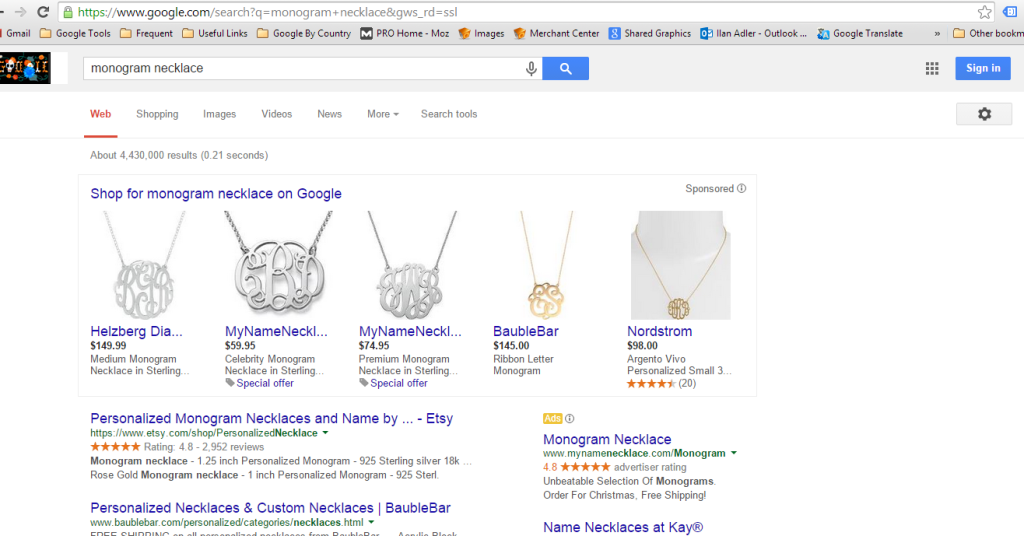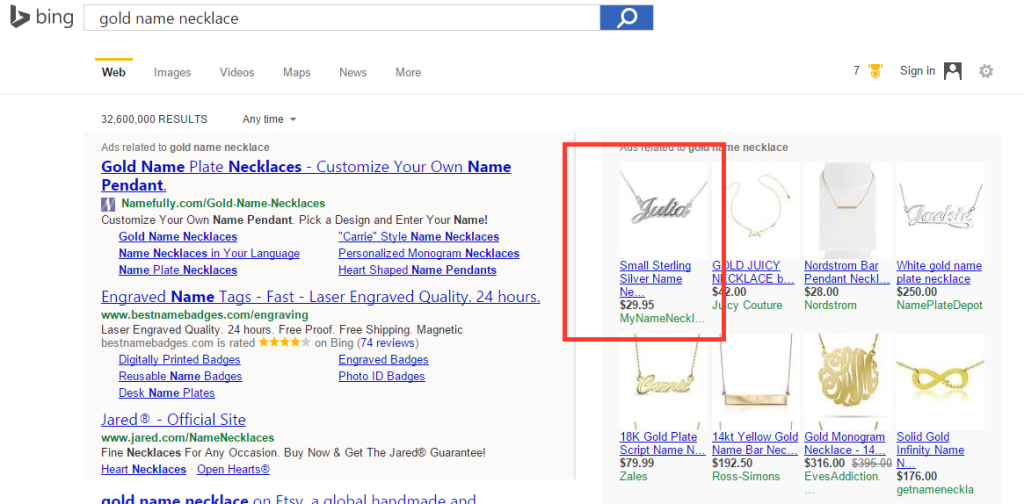The Sad Truth About The #2 Search Engine
By Ilan Adler
Many words have been written about the number two search engine, Bing. Bing was Microsoft’s third effort rebranding its search engine, and getting its hands on all the search advertising money that Google was raking in. With Internet Explorer then powering a large percentage of the browsers, and an already popular domain MSN, Microsoft thought that it could waltz in, throw piles of money at the problem, and take over another piece of the technology world. This led to what we have today, the abomination known as Bing.
Now since this site is about design and digital marketing, I won’t really get into the things that annoy me about Bing from a search results standpoint. Rather I will discuss it from a search marketers standpoint, as one who has worked for over 5 years in the area, and who still cannot fathom how Bing decides to run its business. Let the griping begin.
Bing doesn’t know how to train its Account Managers
At the company where I work at, we have had a Google Adwords account manager for the last 4 years, and a Bing AM for the last 2.5 years. The people at Google are just light years ahead of their Bing counterparts. They are much more knowledgeable about the platform, they give you real answers, and they reply quickly. Sure they want you to spend as much as possible so they can earn their commission bonuses, but they also help you get more revenue at good ROI, which in business is the bottom line. At Bing the Account Managers just seem uninterested. They will reply very quickly but their answers are just stall techniques, aimed at showing you that you are getting service, but never getting any substantial information or solutions for the problem. In the last 6 months we have been seeing a slowdown in conversions from some of our campaigns (which are doing well on Google BTW), and we are scratching our heads to why this is occuring. All our emails to the Bing Account Manager receive a stall technique email along the lines of:
- We will look into the disapprovals and get back to you
- Ad Support is still currently in the process of investigating the issue
- We will escalate this ASAP and get back to you.
- I have sent this email for context to one of our PLA experts. We’ll get back to you once she gives us a recommendation.

Their Blatant Mishandling of Product Listing Ads
Product listing ads (Now branded as Google Shopping) are a huge Google money maker, grabbing click shares of about 40% percent of all product searches. In fact all Google has been trying to do these last 4 years is push these ads more and more to searchers, even rolling out this beta layout that I recently spotted: Note how the product images and the ads are much larger, and more prominent in the search results. My experience is that since product listing ads perform well, they are very competitive, and their CPC are more expensive on average. Google is trying to push more people to click on these more expensive ad units, and thus drive up their return on click value.
Note how the product images and the ads are much larger, and more prominent in the search results. My experience is that since product listing ads perform well, they are very competitive, and their CPC are more expensive on average. Google is trying to push more people to click on these more expensive ad units, and thus drive up their return on click value.
Bing famously came out in the winter of 2012 with their Scroogled campaign, attempting to smear Google PLA’s by saying that Google has the audacity to make people pay for these clicks, which were tricking users, and that users who want an “honest” search result should go to Bing. Fast forward to Q3 of 2013, where the hypocrites at Bing decided to launch a beta of their own product ads, one that was basically identical to Google’s. The caveat? Bing product ads is a terrible product with a significantly less polished interface, buggy as hell (the data feed testing feature mysteriously disappeared for an unknown period of time), and most importantly less ROI. I won’t bore you with myriad details, but in the first few months of beta the product was working very poorly, and in a homage to my first gripe about Bing, I didn’t receive adequate support for my issues. But the issues continue, as you can see by a screen shot from today for the search query “Gold name necklace”:
Yes, the first product listing that you see on this search is for a silver necklace…
Even more baffling are the various amounts of weird rejections that we get for some of our products on our data feed. Here is a small sampling:
- Gambling content – odds – Product description has this written; May the odds be ever in your favor with this fun necklace!
- Disallowed/unregulated sweepstake or competition – lottery -Product description has this written; our sports jersey number (or the sports jersey number of your significant other or favorite player), or a number you always play in the state lottery, this necklace is perfect.
- Gambling content – lottery – Product description has this written; What’s your lucky number? A great necklace like this will always bring luck!
Again these are the same product feeds that work on Google, and have seen fantastic ROI since the days of Froogle, Google Base, the move to Product Listing Ads, and now Google Shopping. Yet on Bing they continue to perform poorly, and cannot be structured as good as Google. Again this is a product that was basically copied and adapted straight from Google, and should be rather seamless to integrate, yet they managed to screw it up. Which leads me to my final gripe.
All Bing “Innovations” are old features on Adwords
- The aforementioned product ads were already on Google at least a year before
- Impression Share Data – Available on Adwords since at least 2011
- MCC Account structure – Long available on Adwords
- Top Movers & Opportunities tab – a long running Adwords Staple
This tweet put it best:
Poor old bing ads. Every time they release a new feature they find AdWords beat them to it by a year. #ppcchat
— Google bAdWords (@GooglebAdWords) July 16, 2014
Other gripes that I won’t even mention in length are, the crummy and slow Bing Ads Editor and web dashboard (which was just recently redesigned and improved) , still using paper IO’s up to very recently, no remarketing feature (they couldn’t get it done by the 2014 Holiday season), the fact the their 28% market share has to be a pipe dream or weird statistical anomaly, since they don’t rake in close to 28% of the revenue in the search advertising world (even though their users skew older, so they generally are supposed to have more money). I can summarize this very long post with a simple sentence, that really explains what the problem is with Bing:

1 Comment